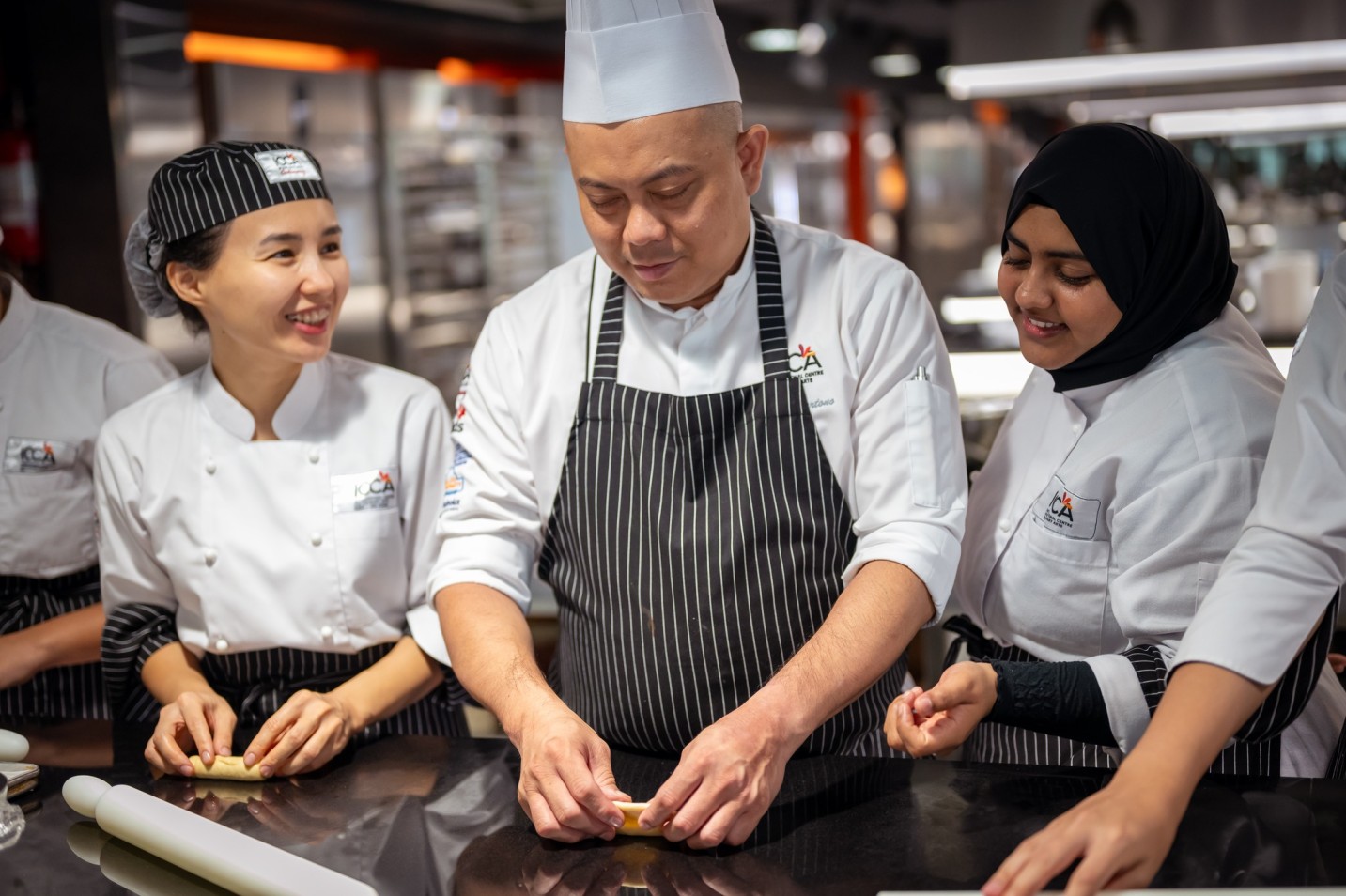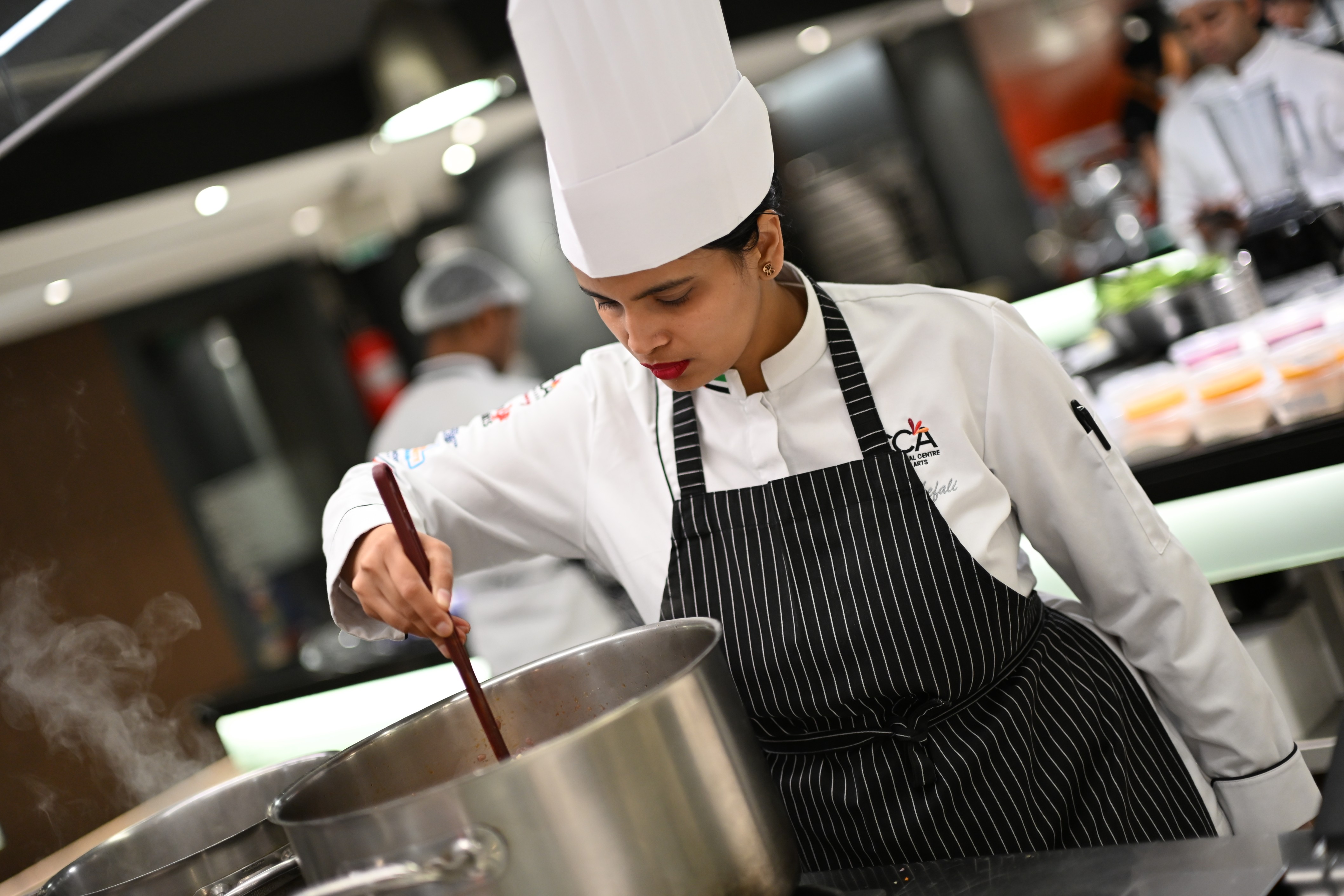In the world of professional kitchens, two titles often spark curiosity and confusion—head chef vs executive chef. While many people assume these roles are interchangeable, the truth is, they carry unique responsibilities that shape the success of a restaurant. Understanding the difference between head chef and executive chef is vital for aspiring culinary professionals, restaurant owners, and even food enthusiasts who want to appreciate the intricate hierarchy of the kitchen.
Understanding the Hierarchy in Professional Kitchens

Professional kitchens operate under a hierarchy often referred to as the brigade system, originally developed by legendary French chef Auguste Escoffier. This system ensures order in what could otherwise be a chaotic environment, with each chef knowing their specific role. Within this hierarchy, the executive chef typically sits at the top as the visionary and decision-maker, while the head chef often serves as the operations leader who turns that vision into reality daily.
The exact structure can vary. In smaller restaurants, a head chef might take on both sets of responsibilities, while in larger hotels and fine dining establishments, both roles coexist and complement each other.
Definition and Core Responsibilities
The head chef is the hands-on leader of the kitchen, directly managing the cooking process and supervising staff during service. Their duties revolve around execution—ensuring dishes are prepared consistently, maintaining food quality, and keeping the kitchen organized and efficient.
The executive chef, on the other hand, is less about day-to-day cooking and more about strategic oversight. They design menus, manage supplier relationships, oversee budgets, and coordinate with restaurant owners to align the kitchen’s goals with the overall brand vision. This makes them a hybrid of a business manager and a creative innovator.
Key Differences Between Head Chef and Executive Chef
The most striking difference between head chef and executive chef lies in the balance between hands-on kitchen management and big-picture strategy. The executive chef typically steps away from the stove to focus on long-term planning and decision-making, while the head chef thrives in the fast-paced reality of service, ensuring that each plate that leaves the kitchen meets the highest standards.
Executive chefs influence the restaurant’s direction by creating menus, managing food costs, and shaping culinary trends within the establishment. In contrast, head chefs are focused on execution, supervising staff, and ensuring that these plans come to life during service.
Detailed Role Comparison
When you look at the day-to-day operations, the head chef is the heartbeat of the kitchen during service. They check each plate before it leaves the pass, solve on-the-spot problems, and guide their team in the heat of the moment. The executive chef, meanwhile, monitors these operations from a higher level, ensuring that everything aligns with the restaurant’s goals.
In terms of staff management, head chefs are responsible for training and mentoring junior chefs directly, building discipline and teamwork on the kitchen floor. Executive chefs set the standards for recruitment, establish policies, and make high-level staffing decisions.
Financial responsibilities also differ. Head chefs rarely deal with budgets directly, while executive chefs are deeply involved in cost control, supplier negotiations, and financial planning. When it comes to menu development, executive chefs take the creative lead by designing and updating the menu, while head chefs make sure those dishes are executed flawlessly every night.
Skills and Qualifications Required
Both positions demand strong culinary skills, but the qualifications diverge when it comes to management and leadership. Many head chefs rise through the ranks after years of hands-on experience, often progressing from sous chef roles. Executive chefs, however, require not only culinary expertise but also strong business and leadership acumen.
Educationally, both can benefit from formal culinary training, and specialized courses provide a strong foundation for either path. Head chefs need exceptional organizational skills, time management, and the ability to stay calm under pressure. Executive chefs, by contrast, need financial literacy, strategic thinking, and the creativity to innovate while balancing budgets.
Salary and Job Outlook
When comparing salaries, the executive chef generally earns more, reflecting their broader responsibilities in financial and strategic management. Head chefs, while often earning less, enjoy a more hands-on culinary role, which appeals to those who thrive in the kitchen rather than the office.
The demand for both positions is rising as the global restaurant industry continues to expand. Upscale restaurants and hotels particularly seek executive chefs who can handle both innovation and financial oversight, while smaller establishments may prioritize experienced head chefs to ensure consistent delivery.
Career Path and Advancement
It is not uncommon for chefs to begin as line cooks, rise to sous chefs, and eventually earn the title of head chef. With time, experience, and additional leadership training, many head chefs make the transition into executive chef positions. Courses, certifications, and professional development programs play a crucial role in this career progression, equipping chefs with the knowledge they need to move into higher-level roles.
Choosing the Right Role for Your Restaurant
For restaurant owners, the choice between a head chef and an executive chef depends largely on the size and structure of the establishment. A small bistro may only need a head chef who can manage daily operations and occasional menu updates. Larger hotels or fine dining restaurants, however, benefit from having both roles in place: an executive chef to set the vision and manage finances, and a head chef to ensure execution at the highest level.
Case Studies and Real-Life Examples

Consider a boutique restaurant where the head chef is the sole culinary leader, responsible for cooking, training, and menu adjustments. In contrast, a luxury hotel might employ an executive chef who oversees multiple kitchens, develops high-end menus, and liaises with management on budgeting and branding.
Culinary professionals who have transitioned from head chef to executive chef often highlight the importance of leadership development and business knowledge—skills that go beyond cooking and become essential for running a successful operation.
Common Questions About Head Chef vs Executive Chef
One of the most common questions aspiring chefs and restaurant owners ask is, what is the main difference between a head chef and an executive chef? The distinction lies in the scope of responsibilities. A head chef is immersed in the daily operations of the kitchen, overseeing staff, maintaining food quality, and ensuring consistency in service. An executive chef, however, looks at the bigger picture, concentrating on leadership, budgeting, and menu design. In short, the head chef drives execution, while the executive chef shapes the long-term culinary strategy.
Another frequent question is, which role carries more responsibility? The answer depends on perspective, but generally, the executive chef shoulders greater overall responsibility because of their involvement in finances, staffing, and restaurant vision. That said, the head chef’s role is no less vital, since without their hands-on leadership in the kitchen, even the most well-crafted strategy would fail to come to life on the plate.
People also wonder, can a restaurant have both a head chef and an executive chef? The answer is yes, and in many larger establishments, such as luxury hotels or fine dining restaurants, both roles exist and complement each other. The executive chef sets the direction and designs the menu, while the head chef ensures that vision is delivered consistently during service. Together, they form a powerful leadership team.
Finally, a question that arises often is, how does the role of the head chef change in the absence of an executive chef? In smaller restaurants or family-run establishments, it’s common for the head chef to wear both hats, managing day-to-day operations while also handling strategic responsibilities such as budgeting and menu planning. While this dual role can be demanding, it also provides head chefs with greater influence and control over both the immediate and long-term success of the kitchen.
Take the Next Step Toward Culinary Excellence
If you’re passionate about leading kitchens or aiming to climb the culinary ladder, investing in professional training is the key to success. Whether you aspire to become a head chef mastering kitchen execution or an executive chef shaping culinary strategy, ICCA Dubai provides internationally recognized programs designed to turn ambition into achievement.
Take the next step in your culinary career—enroll today and unlock your potential with ICCA Dubai.


.jpg)
